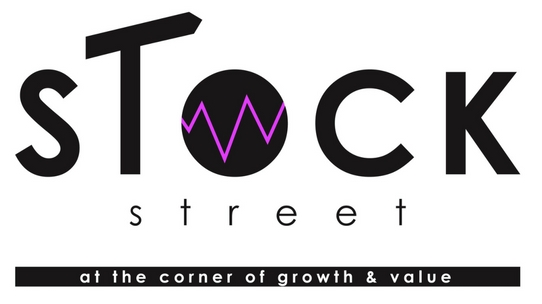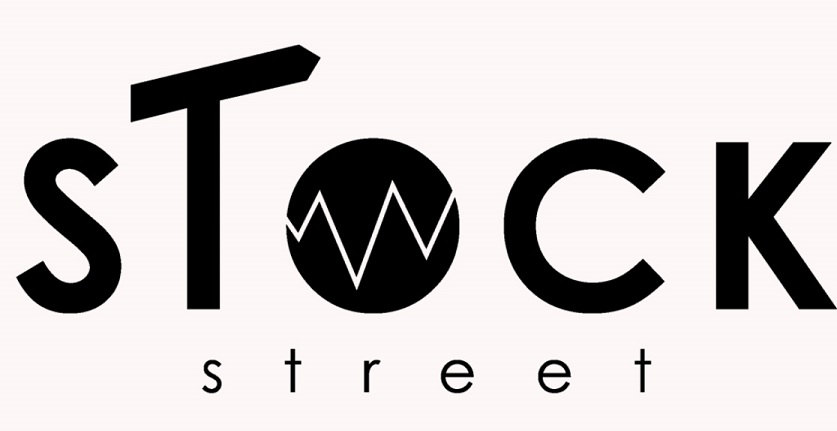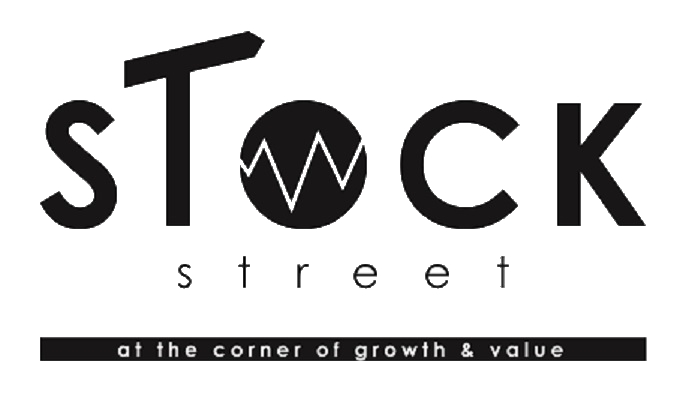I spent years in the financial service industry and I know how the “lingo” can be difficult for many people. Have you heard of an index fund before? If you have never heard of an index fund – don’t worry. We are going to give you an education so next time you are talking to your friends about investing, you can act like you know what you are talking about! If you HAVE heard of index funds but are confused what exactly they are, I will try to help you understand them in this article.
Let’s try and answer the question – What is an index fund?!
Before the index fund let’s define the index
Before we talk about what the actual fund is, we need to go over what an index is. Have you heard of the S&P 500 index? How about the Dow Jones Industrial Average? Chances are you may have heard of one of these indexes before. They are the most well known indexes and many consider them a gauge of the U.S. stock market.
S&P 500 Index
The S&P 500 index is a basket of 500 company stocks. The long form name of the index is the, Standard & Poor’s 500 Index. The companies in the S&P 500 Index are considered large cap (large capitalization) companies. This means they are considered some of the largest publicly traded companies in the United States. The index is “weighted” based on capitalization. This means the larger the worth of the entire company, the larger the amount the index holds of that company.
Dow Jones Industrial Average
The DJIA (Down Jones Industrial Average) is a basket of thirty company stocks. This index has been around for a very long time; it dates back to the last decade in the 1800’s! You can consider the thirty companies inside the DJIA as GIANT companies in the U.S. stock market. Companies like Wal-Mart, Apple, McDonalds, just to name a few. Unlike the S&P 500 index, the DJIA is a price weighted index. This means the price of the company stock reflects the weighting in the index.
I don’t want to get into the details of price weighted vs. market weighted in this article; just know that indexes have different ways of being put together.
What is an index fund?
So what is an index fund? First, think of an index fund as a pool of money. You add your money to that pool, and the pool of money is invested so that it tracks the underlying index. For example, if you add money to a Vanguard S&P 500 index fund (VOO), you are investing into a pool of over $300 billion dollars. That $300 billion dollars tracks the S&P 500 index’s stocks. As those company stocks increase in value and decrease in value, so too does your investment in that index fund.
Related – You may want to consider using Stockpile to purchase your children stock and/or index investments!
Article – 5 Reasons Why You Need Buy Your Kids Stock for Their Birthday
Index fund fees
Most index funds are considered “cheap” compared to mutual funds. An index fund fee for the Charles Schwab S&P 500 Index (SWPPX) is only .09%. For every $1,000 you invest in this index fund, you are only charged 90 cents! Compare this to a mutual fund which may charge over 1% as a fee. A 1% fee on $1,000 would be equal to $10. Obviously 90 cents is a lot less than $10; so you can see that an index fund is much cheaper than mutual funds.
Passive vs active investing
Passive investing
Index funds are considered passive investing. When you invest in the index fund, you are not attempting to make a higher return than the index. You are merely trying to average the index’s performance. If you invest in an S&P 500 index, you are trying to average the same gain or loss as the index.
Active investing
When someone is an active investor, they invest in an attempt to outperform an index. If someone is investing to try and outperform an index fund, they will either invest in a mutual fund, or purchase their own individual securities. Mutual funds attempt to outperform indexes. Some do, but the fees can eat into returns as well. After fees are taken into consideration, the average mutual fund under-performs the average index fund on a historical basis. This is why index funds have gained so much popularity.
So what is an index fund? It is a pool of money that is invested to track an underlying index. There are many different indexes and many different index funds. The most popular indexes are the S&P 500 and DJIA. If you are a passive investor, investing in an index fund for the long term should allow you to increase your initial investment. As time goes on, your investment will fluctuate, and hopefully you will realize a positive gain in your investment down the road.
I hope this helped answer the question – What is an index fund?!
Does anyone invest in index funds? Does anyone prefer active investing over passive investing?
Disclaimer: These are the ideas and opinions of the author. The author is not responsible for the actions of those who read the posts on this blog. Each individual reader has a unique situation and unique needs. This blog is not intended to solve those unique situations of the readers. This blog is not liable for decisions made by the readers of this blog.
You know how websites add a section at the bottom that says, “This post MAY contain affiliate links”? Well, I am not going to be vague like those websites. We all know if they write that sentence, the post includes affiliate links. So, I will tell you straight up that this post DOES include affiliate links. Use them, I will make a little dough (at no extra cost to you). Here is my affiliate link disclaimer if you want to read more: DISCLAIMER















I enjoyed reading this post! I think a lot of people overcomplicate investing (which is understandable), but the way you’ve laid it out is super simple and inspiring. I love the site! Keep up the great work!